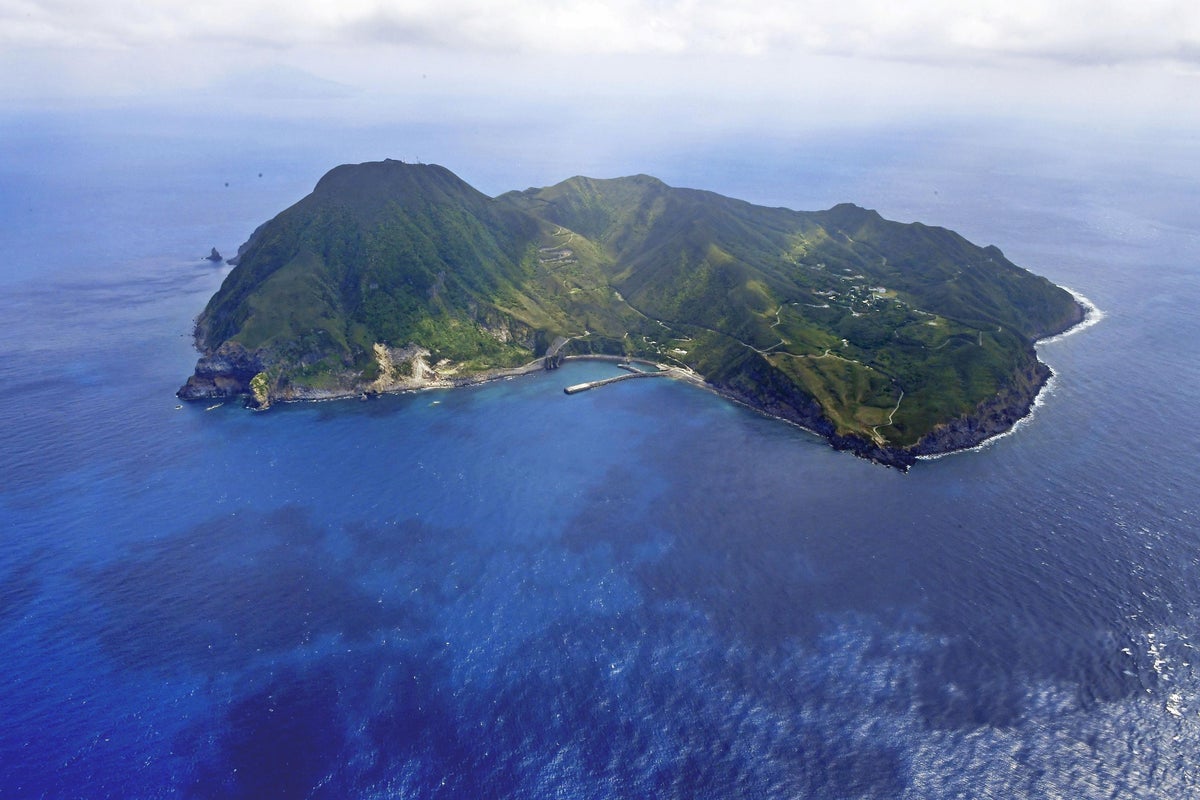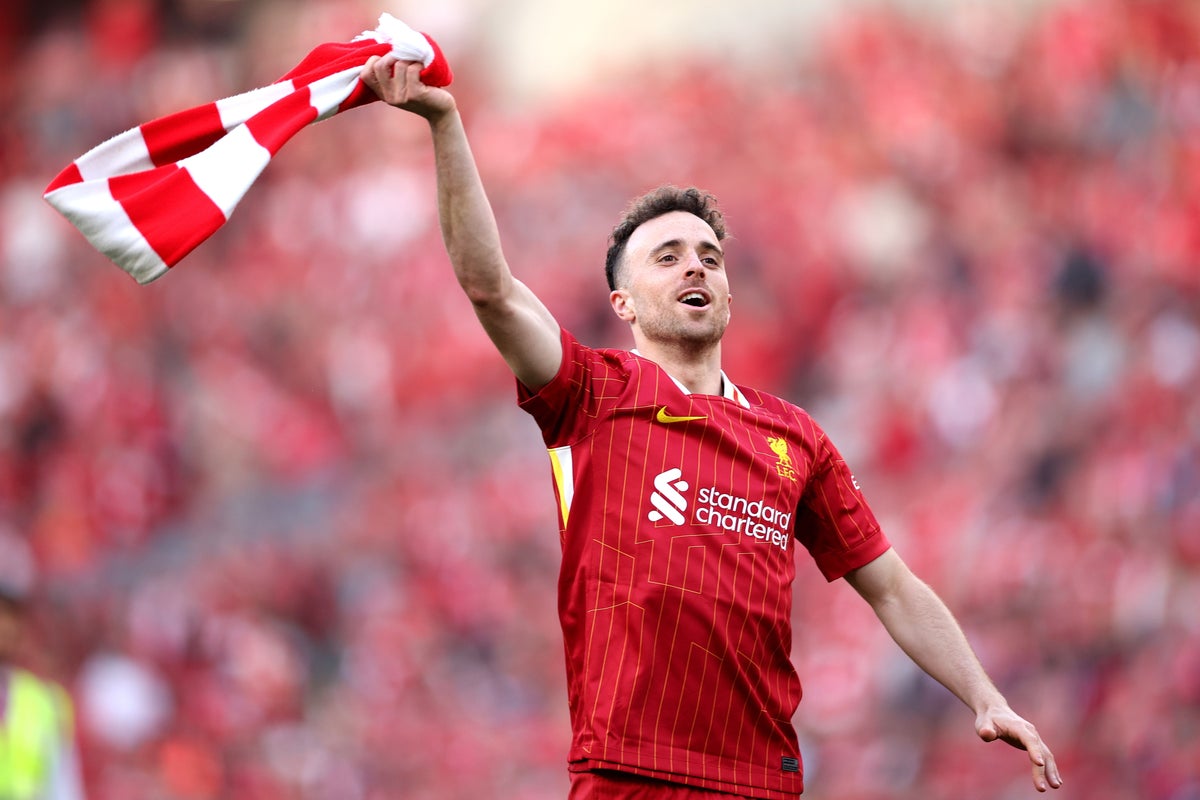The caption is more poignant now, even as the words have proved horribly wrong. “Yes to forever,” wrote Diogo Jota, accompanying social-media pictures of his wedding to his long-time partner Rute Cardoso. Within two weeks, Jota’s forever had ended, the Liverpool and Portugal forward killed in a car crash in Spain, along with his brother Andre Silva. His new wife is already a widow, his three young children left without a father.
“It doesn’t make any sense,” said Cristiano Ronaldo, his Portugal captain. There is a feeling of shock whenever a life is suddenly cruelly cut short, and Jota was just 28. It is still greater when someone has seemed as full of life as Jota did. He was often a smiling figure; “someone with an infectious joy,” Pedro Proenca, head of the Portuguese Football Federation, said. He was popular wherever he went. “Diogo was adored by our fans, loved by his teammates and cherished by everyone who worked with him during his time at Wolves,” his previous club said. Wolves described themselves as “heartbroken”, Liverpool as “devastated”.
But as a footballer, too, Jota was lively. He was defined by his sharpness, his verve, his quicksilver movement. Many a defender thought he had Jota under control only for the forward to emerge unmarked in the penalty area. Playing either as a left winger or a striker, he was a master of ghosting into space. It was allied with an excellence in front of goal that led Jamie Carragher to call Jota Liverpool’s best finisher in the Premier League era.
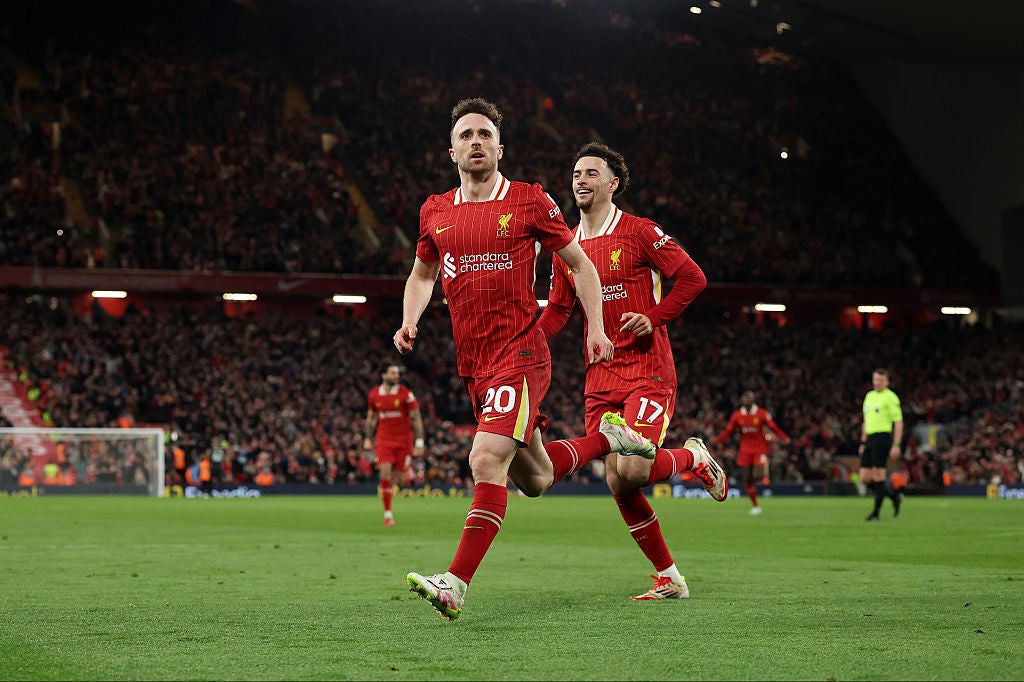
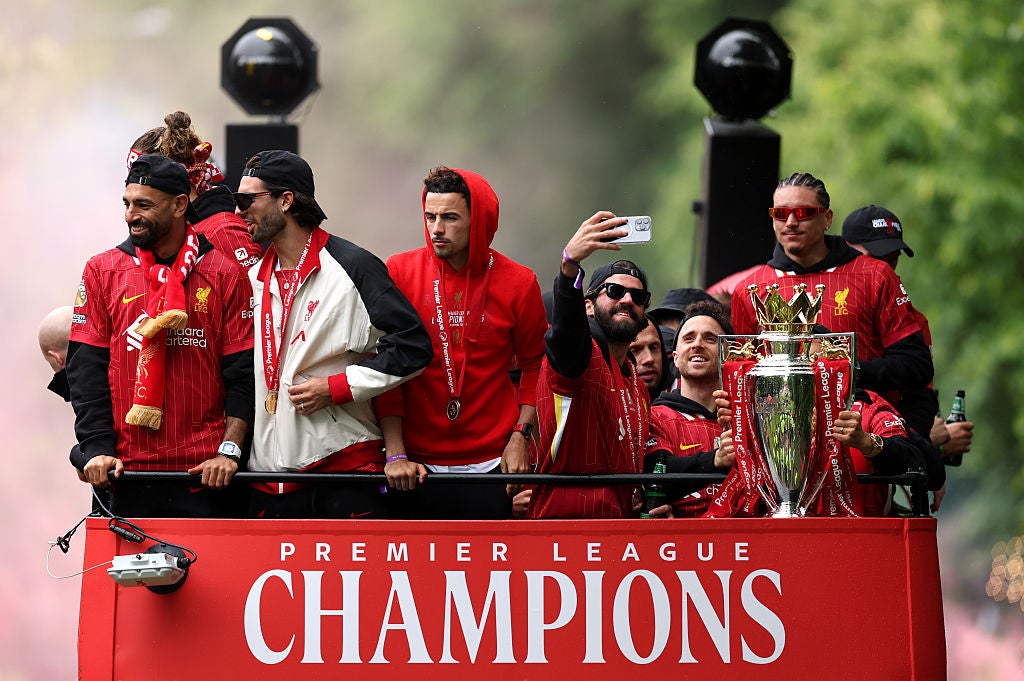
Unusually two-footed – he scored almost as many times with his left foot and his favoured right – and excellent in the air for someone who was just 5ft 9in, Jota got 65 goals for Liverpool, 133 in his club career and a further 14 for Portugal.
As he admitted, he achieved more than he ever imagined. Obsessed by football from the age of six, when his father signed him up for swimming and he preferred a very different sport, his boyhood hero was Ronaldo, who became a Portugal teammate. Yet he never thought he would reach a club of Liverpool’s level when his talents were overlooked. His parents were still paying for him to play for a local team, Gondomar, when he was 16. Thereafter, his progress at Pacos de Ferreira was so swift that Atletico Madrid bought him when he was still a teenager, albeit he never represented the Spanish club as they loaned him to Porto and then, a year later, to Wolves, who then bought him in 2018.
Jota was part of the Portuguese invasion at Molineux, scoring 18 times as Nuno Espirito Santo’s side won the Championship with 99 points. He helped them to back-to-back seventh-place finishes in the Premier League, developed a happy habit of scoring hat-tricks and struck 44 times in three seasons with Wolves.
It also earned him some admirers. “From the first moment I saw him at Wolves, I was excited about his potential,” Jurgen Klopp later said. The German bought Jota for £41m in 2020 and Jota soon seemed both a bargain and a definitive Klopp player. He scored eight minutes into his Premier League debut for Liverpool, against Arsenal. “Exceptional player, exceptional boy… a perfect signing,” Klopp said in 2021. He became a crowd favourite, too: Anfield often echoed to the sound of the fans’ song for Jota, in which they claimed he was better than his compatriot Luis Figo.
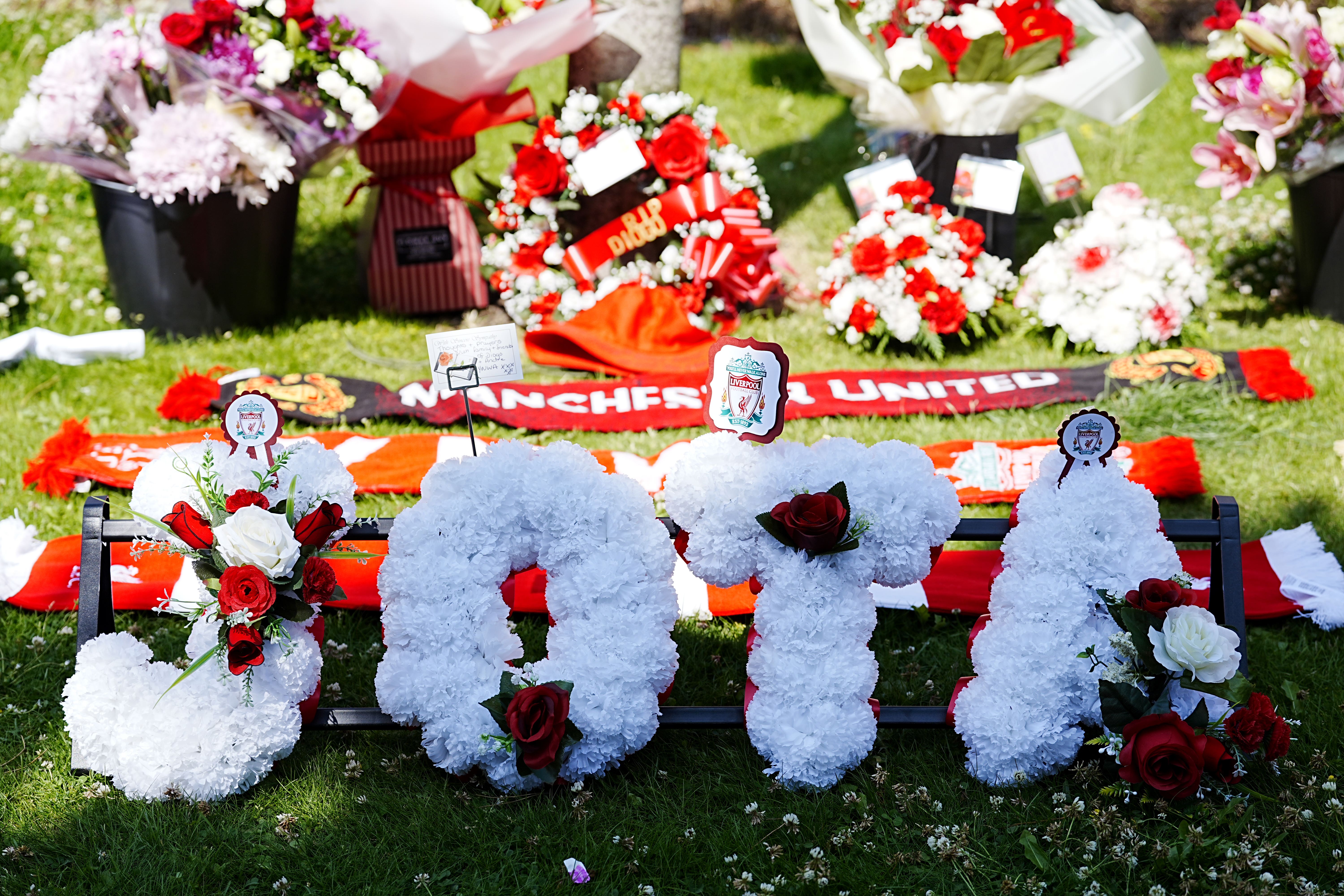
More pertinently, he could displace Liverpool legends. If Jota had appeared to arrive as a back-up, he proved the disruptor who broke up Klopp’s definitive front three of Mohamed Salah, Sadio Mane and Roberto Firmino. The German found himself picking three from four. Jota was at his most potent in a Liverpool shirt in the spring of 2022, as they pursued a quadruple. He scored 21 goals that season, four of them against Arsenal, including a match-winning double in the Carabao Cup semi-final.
It rendered it stranger when he embarked on a 32-game goal drought, lasting 372 days until April 2023. Yet that time also included the rarity of a cameo appearance that brought a hat-trick of assists, with Salah scoring three times in six minutes. It was also interrupted by an injury that ruled him out of the 2022 World Cup; injuries were the unfortunate constant in his career. Having debuted for his country in 2019, and often a starter in the delayed Euro 2020, he made three substitute appearances in Euro 2024 with Portugal’s wealth of attacking talent making it hard to break into the team.
Get 4 months free with ExpressVPN
Servers in 105 Countries
Superior Speeds
Works on all your devices
Try for free
ADVERTISEMENT. If you sign up to this service we will earn commission. This revenue helps to fund journalism across The Independent.
Get 4 months free with ExpressVPN
Servers in 105 Countries
Superior Speeds
Works on all your devices
Try for free
ADVERTISEMENT. If you sign up to this service we will earn commission. This revenue helps to fund journalism across The Independent.
Jota’s excellence extended beyond actual football to the computerised variety. He won a tournament of Premier League players at the Fifa video game during lockdown.
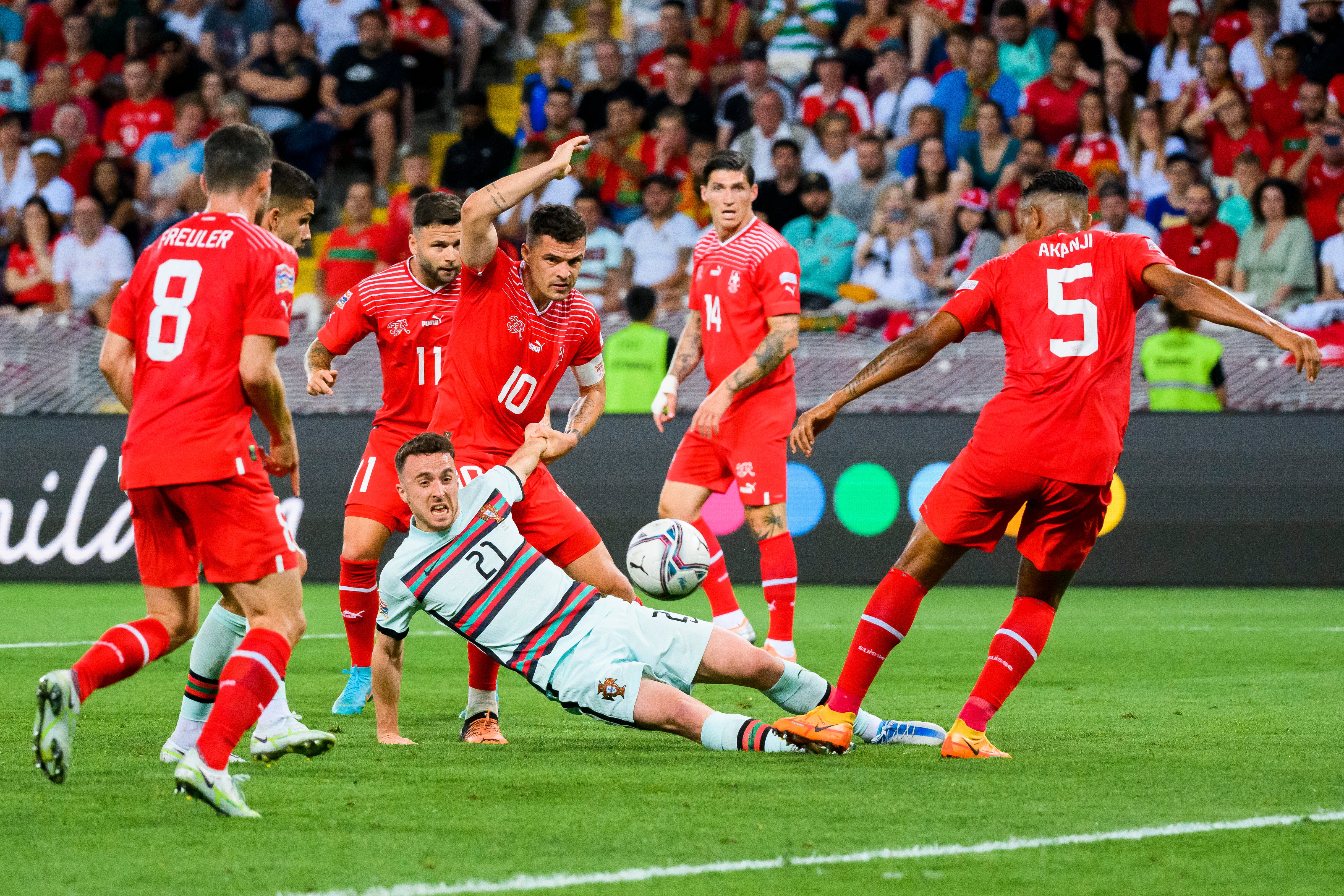
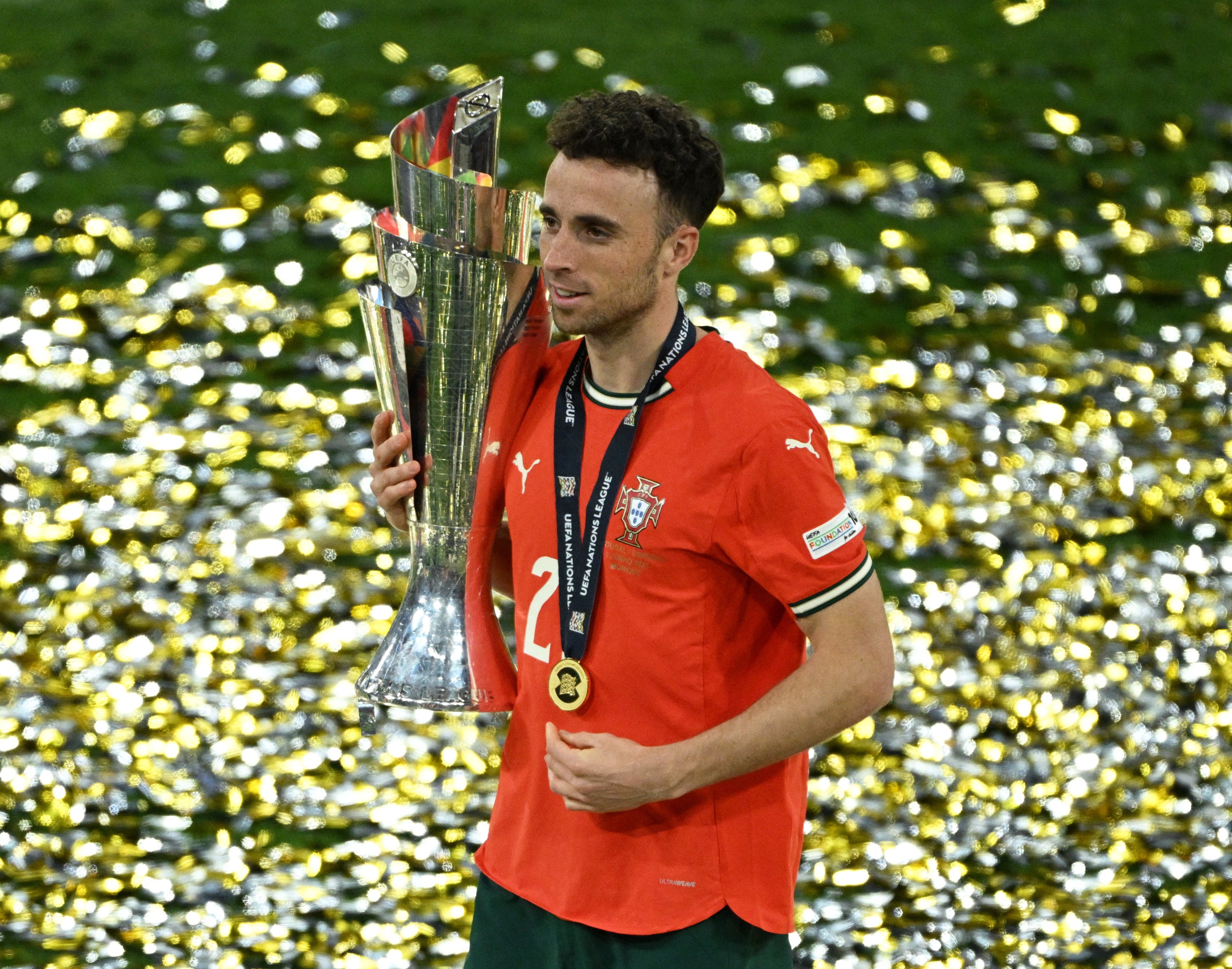
On the pitch, Jota was Arne Slot’s first-choice centre forward for much of the Dutchman’s first year at Anfield. His ability to score important goals was again apparent – his last for Liverpool was a well-taken winner in a Merseyside derby. Jota, who had already won the FA Cup and two Carabao Cups with Liverpool, was able to get his hands on the Premier League trophy after his final match. He picked up silverware on what proved his 49th and final cap for Portugal, too, with June’s Nations League final win over Spain.
With a World Cup next summer, with a Premier League title to defend, there was the possibility of many more medals for Jota. Until, suddenly, there wasn’t. Liverpool called his death an “unimaginable loss”. And yet, tragically, it is a reality.
